Keywords: University Of Melbourne
-
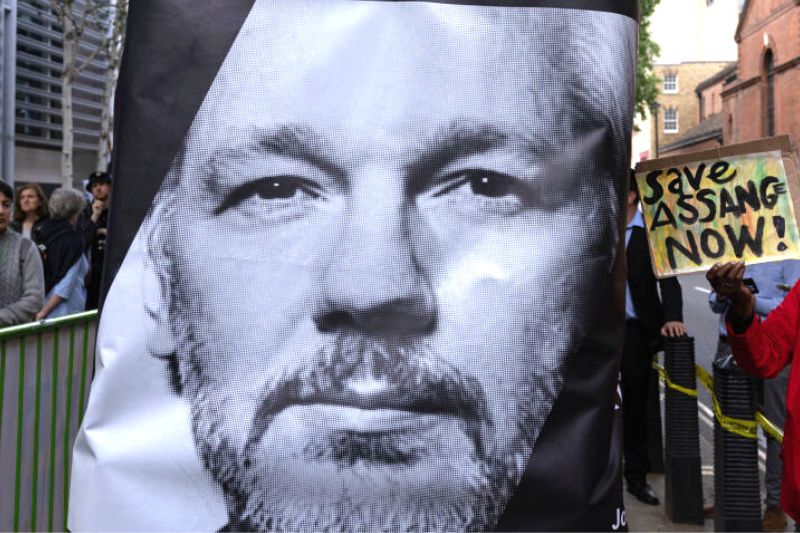
INTERNATIONAL
- Binoy Kampmark
- 19 July 2022
3 Comments
The only shock about the UK Home Secretary’s decision regarding the extradition of Julian Assange was that it did not come sooner. In April, Chief Magistrate Senior District Judge Paul Goldspring expressed the solemn view that he was ‘duty-bound’ to send the case to Priti Patel to decide on whether to extradite the WikiLeaks founder to the United States to face 18 charges, 17 grafted from the US Espionage Act of 1917, and one based on computer intrusion.
READ MORE 
-
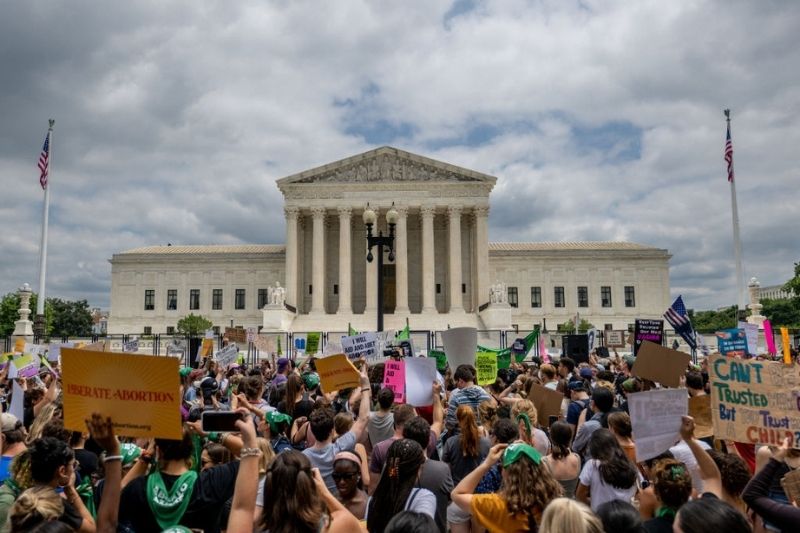
INTERNATIONAL
- Chris Middleton
- 05 July 2022
17 Comments
The overruling of the Roe v Wade decision by the Supreme Court in the Dobbs decision marks a significant moment in the abortion debate, while highlighting the deep fissures in America’s body politic. Despite the fact that the Supreme Court ruling had been foreshadowed months ago, the shock has been real.
READ MORE 
-

ARTS AND CULTURE
- Juliette Hughes
- 28 June 2022
1 Comment
How do we know that what we call knowledge is knowledge? How do we know that we know? The two books I have been reading here are both about kinds of knowing. Suzie Sheehy is a particle physicist from my old stamping ground, Melbourne University. Sheehy’s story is of passionate hunters for nothing less than the meaning of everything.
READ MORE 
-
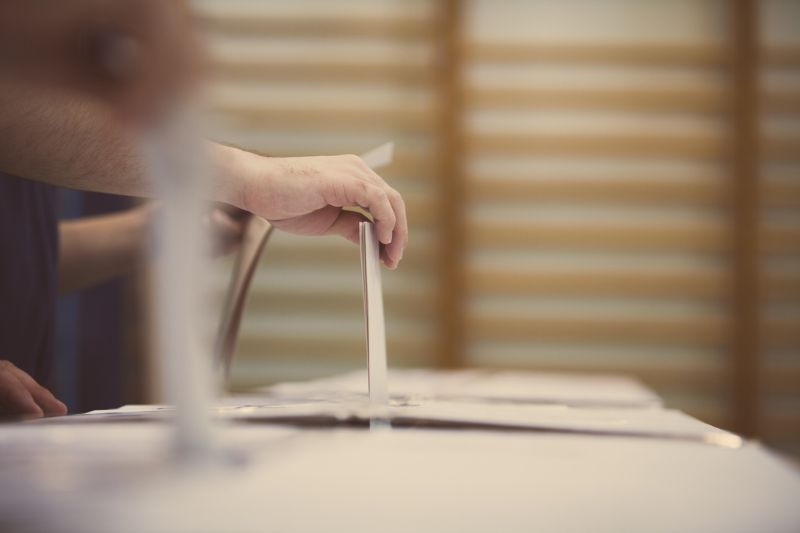
RELIGION
- John Warhurst
- 23 June 2022
6 Comments
The week of the Plenary Council's Second Assembly, unlike the First Assembly, will largely be devoted to voting. My best guess is that there could be about 100 rounds of consultative votes (including amendments and then thirty amended motions) during the week. This will be followed by deliberative voting by the bishops and their proxies. Before voting there will be many short, sharp speeches from among the 280 members interspersed in the program. This will make for an extremely tight timetable.
READ MORE 
-

AUSTRALIA
- Francis Sullivan
- 20 June 2022
1 Comment
Despite last week’s decision by the Fair Work Commission to push up the national minimum wage by 5.2 percent, millions of Australians, in all parts of the country, will continue to live in poverty and on survival wages. The facts are that the Commission’s decision takes the minimum wage from $772 a week to $812, an increase of $5.70 a day, not a fortune but better than nothing.
READ MORE 
-
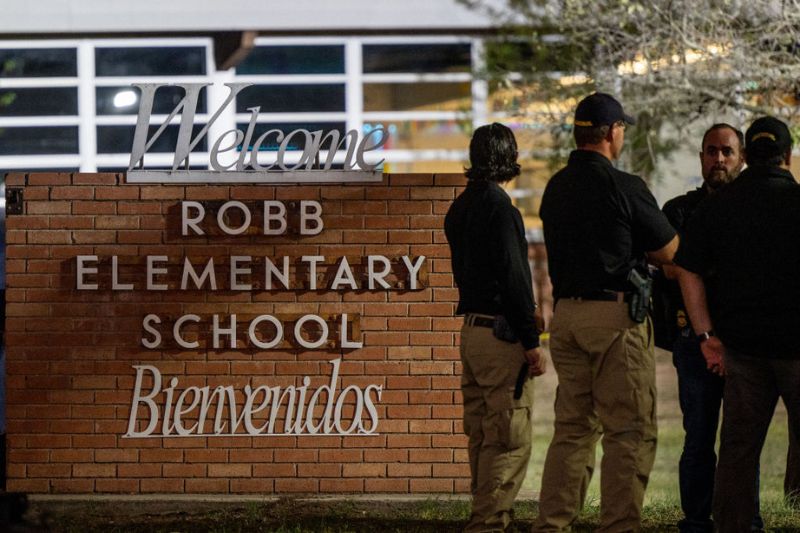
INTERNATIONAL
- Binoy Kampmark
- 20 June 2022
11 Comments
In the context of mass school shootings in the United States, the latest of which took place at Robb Elementary School in Uvalde, Texas, a crude form of deterrence has made an appearance. To be safer, you do not remove guns, but spread them through a policy of mutually assured terror. Any gun toting individual entering the school grounds will think twice before encountering the hail of bullets from a protective teacher. Gun control, accordingly, becomes anathema.
READ MORE 
-
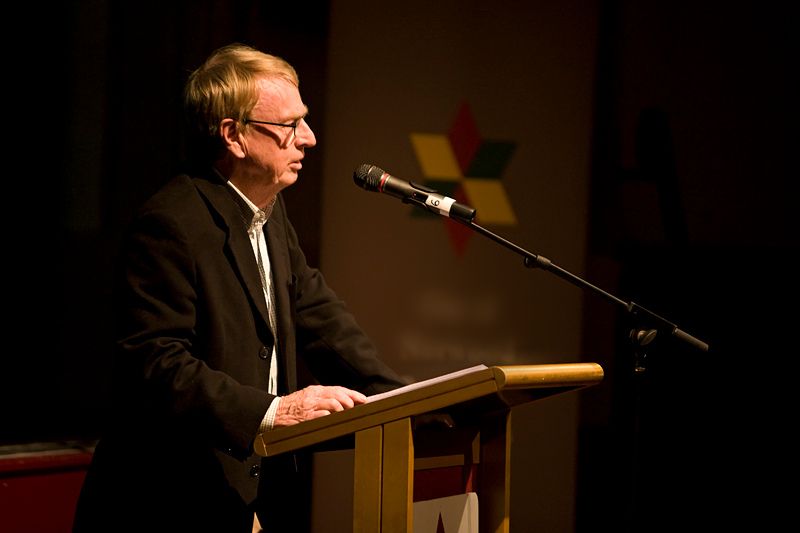
ARTS AND CULTURE
- John Schumann
- 15 June 2022
5 Comments
Most of us, when pushed, can name a couple of teachers who had a profound influence on our lives. For me, Brian Matthews was one such teacher. I enrolled in English at Flinders University in 1972. On asking the enrolling officer whether anybody was ‘doing anything about Lawson’, I was directed to the office of Brian Matthews, a recent appointment to the English Department. ‘I hear you know something about Lawson,’ I said, leaning in his doorway.
READ MORE 
-
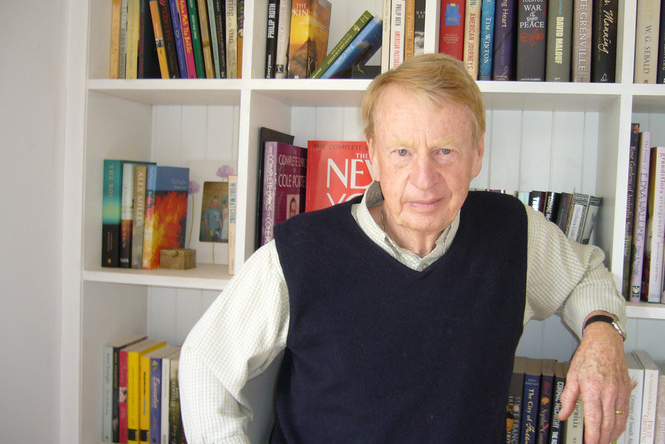
ARTS AND CULTURE
- Brian Matthews
- 09 June 2022
3 Comments
Brian Matthews, academic, award-winning columnist and biographer, and Australia's foremost scholar on Henry Lawson and his mother Louisa, died last Thursday 2 June following complications related to lymphoma, at the age of 86. Brian first wrote for Eureka Street in February, 2002 and continued to contribute his monthly column for 20 years.
READ MORE 
-
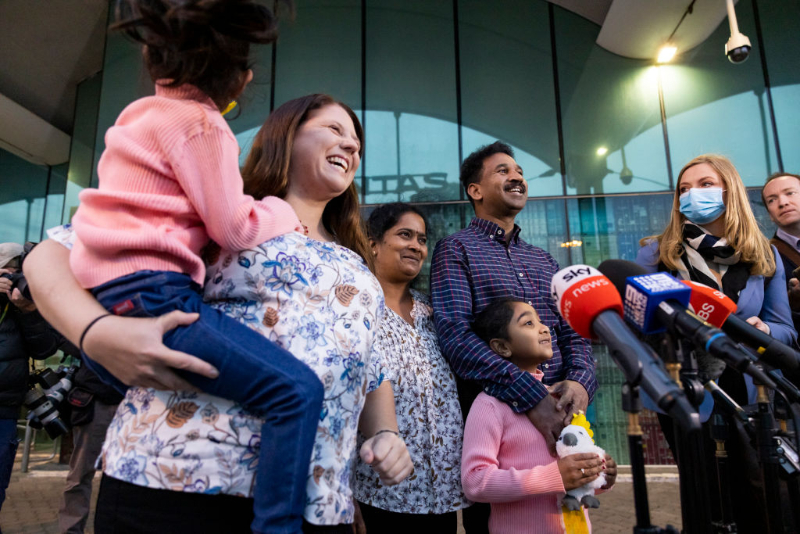
AUSTRALIA
- Binoy Kampmark
- 09 June 2022
9 Comments
In Australia’s treatment of refugees and asylum seekers, notably those arriving by boat, compassion and fairness have rarely threatened a policy deemed cruel, costly and ineffective. The fate of the Muragappan family has been a continuous, scandalising flashpoint about the nature of Australia’s border protection policies.
READ MORE 
-
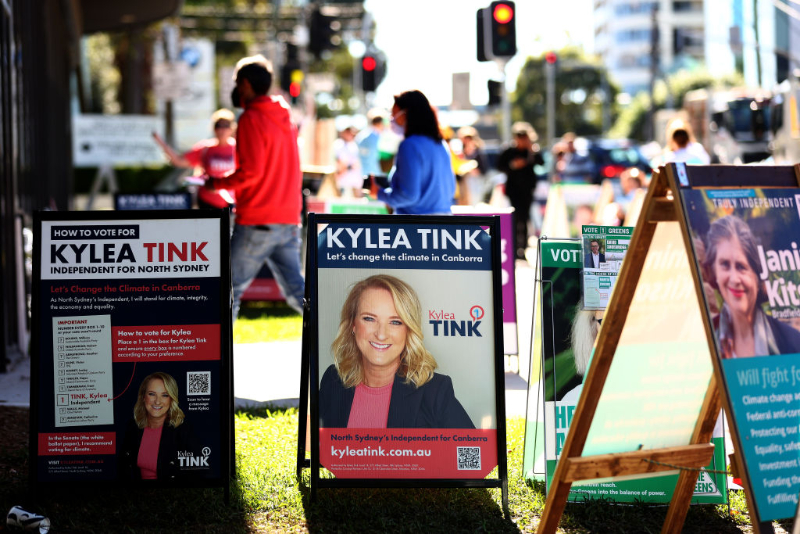
AUSTRALIA
- Binoy Kampmark
- 24 May 2022
11 Comments
The centre of the political system did not so much hold as desert. The vote was a furious, determined and tenacious shout from the estranged centre, a shivering of the timbers. The calibre of individuals elected — many from professions, many with public service outside the traditional party hierarchy of patronage and promotion, and most, women — has not been previously seen in this country’s politics.
READ MORE 
-
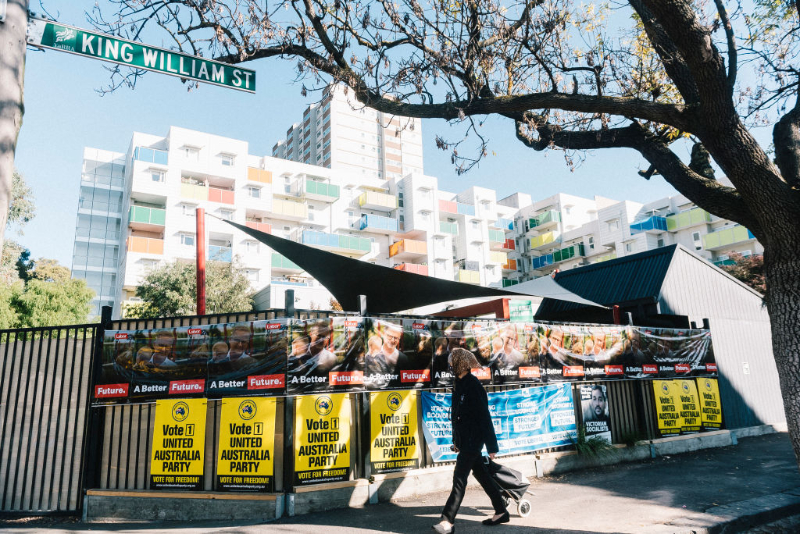
AUSTRALIA
- John Warhurst
- 24 May 2022
13 Comments
Governments lose elections, but Oppositions still must demonstrate that they are a capable alternative. Both the Morrison Coalition government and the Albanese Labor Opposition played their part last Saturday. There were many sub-plots in the pattern of voting, but this election was primarily lost and won in the four biggest mainland cities.
READ MORE 
-
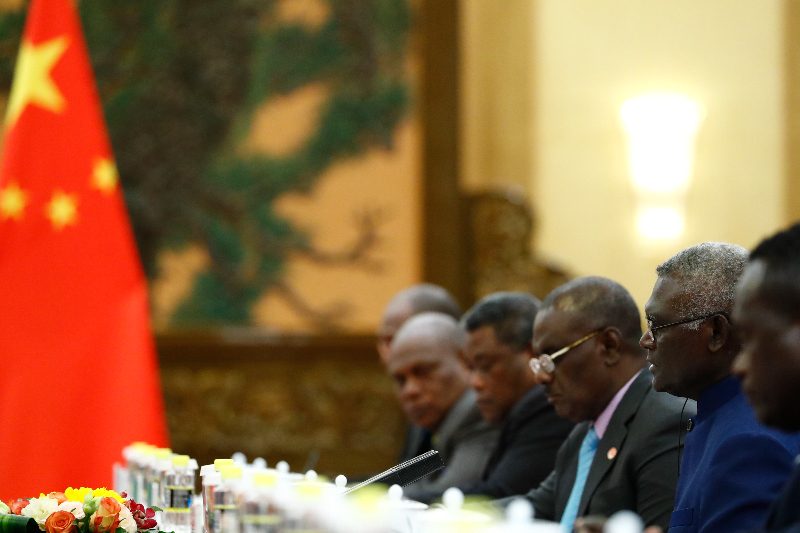
INTERNATIONAL
- Binoy Kampmark
- 10 May 2022
8 Comments
On May 3, the Prime Minister of the Solomon Islands, Manasseh Sogavare, vented his fury in parliament at ‘the continual demonstration of lack of trust by the concerned parties, and tacit warning of military intervention in Solomon Islands if their national interest is undermined in Solomon Islands.’ The targets of the speech — Australia and the United States — were clear enough.
READ MORE 